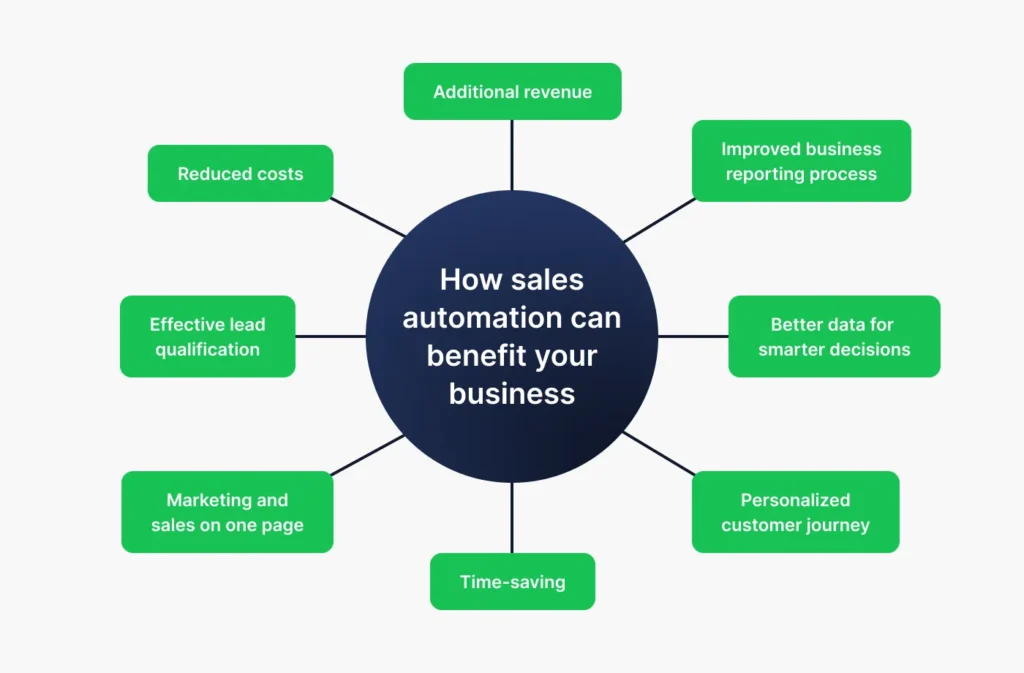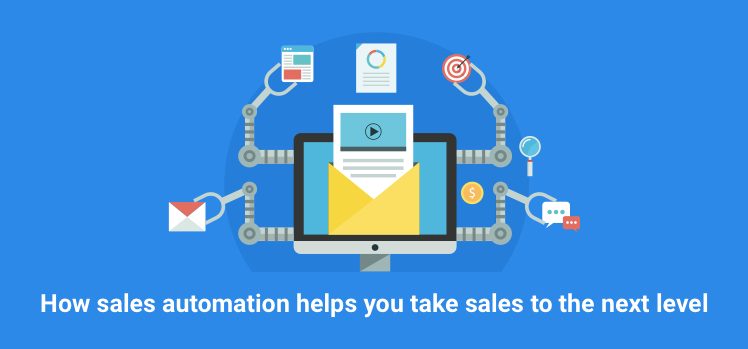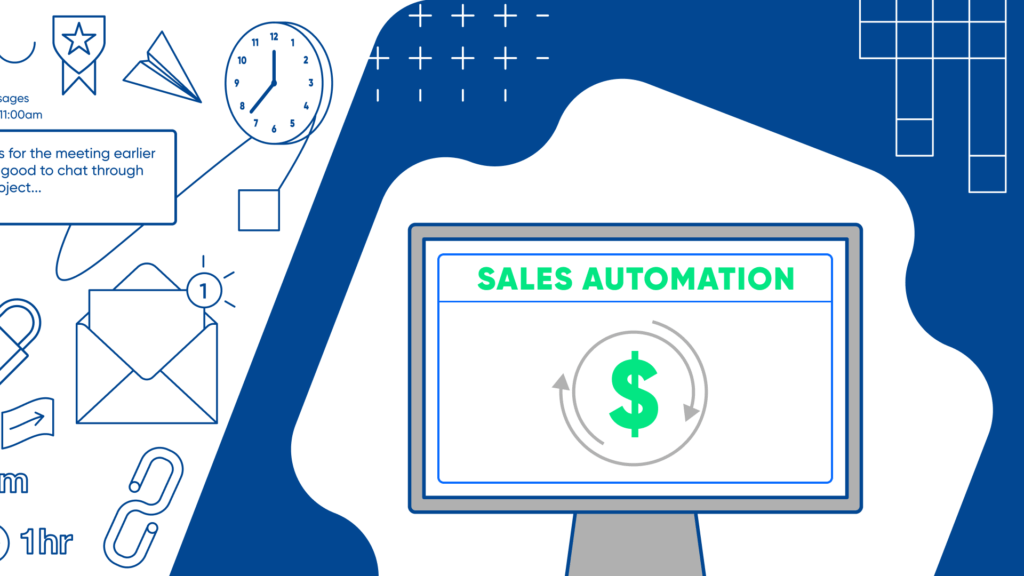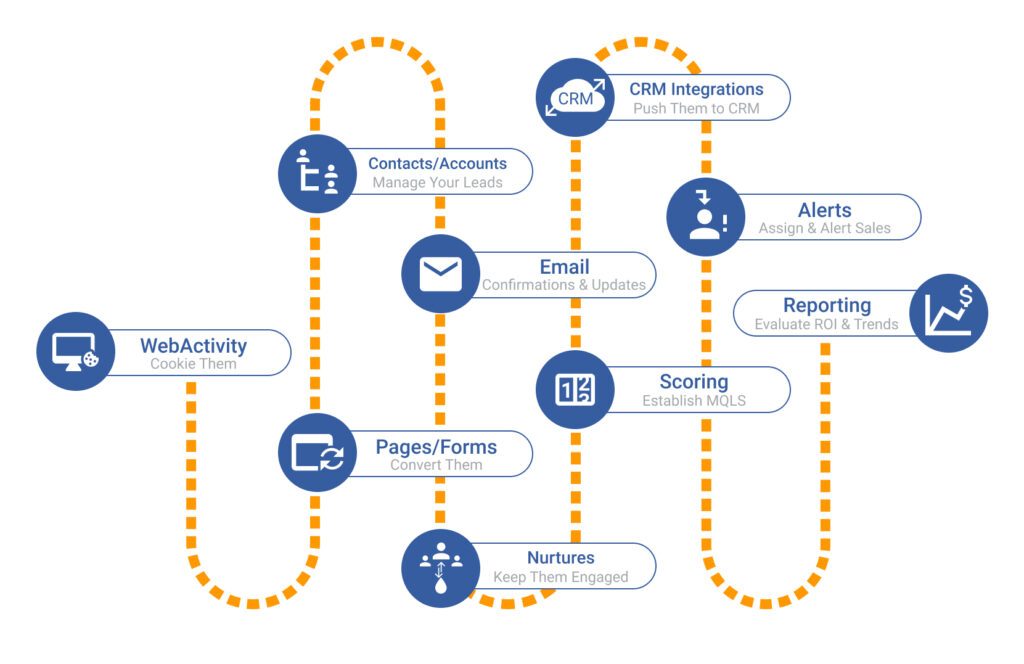In the digital age, businesses are constantly seeking ways to optimize operations and enhance productivity. One of the most impactful strategies is leveraging automation to boost product sales. Automation can streamline processes, improve customer experience, and ultimately increase revenue. This article explores the various ways automation can help in product sales, providing practical insights for businesses of all sizes.
Streamlining Sales Processes
Lead Generation and Nurturing
Automation tools can significantly enhance lead generation efforts. Automated systems can capture leads from multiple channels—such as social media, email campaigns, and website visits—and funnel them into a centralized database. Marketing automation platforms like HubSpot and Marketo can segment these leads based on predefined criteria, allowing businesses to tailor their marketing efforts.

Once leads are captured, nurturing them becomes crucial. Automated email marketing campaigns can engage leads with personalized content, gradually moving them through the sales funnel. For instance, a series of welcome emails followed by informative content can keep potential customers interested and informed about your products.
Sales Pipeline Management
Managing a sales pipeline manually can be overwhelming, especially as your business grows. Automation tools like Salesforce and Pipedrive offer robust solutions for sales pipeline management. These platforms provide a visual representation of your sales pipeline, tracking prospects from initial contact to final sale. Automated reminders and task assignments ensure that no lead falls through the cracks, and sales teams can focus on closing deals rather than administrative tasks.
Enhancing Customer Experience
Personalized Customer Interactions
Personalization is key to driving sales, and automation can help deliver tailored experiences to each customer. Customer Relationship Management (CRM) systems like Zoho CRM and Microsoft Dynamics 365 store detailed customer data, allowing businesses to segment their audience and send personalized messages.
For example, automated systems can track customer behavior on your website, such as products viewed or abandoned carts. Based on this data, you can send targeted follow-up emails with personalized product recommendations or special offers, increasing the likelihood of conversion.

Chatbots and Customer Support
Chatbots are revolutionizing customer support by providing instant responses to customer inquiries. Powered by artificial intelligence (AI), chatbots can handle a wide range of tasks, from answering common questions to assisting with product selection. Tools like Intercom and Drift integrate seamlessly with your website, offering 24/7 support and freeing up human agents to handle more complex issues.
Chatbots can also facilitate sales by guiding customers through the purchasing process, offering recommendations, and even processing orders. This immediate assistance can significantly reduce cart abandonment rates and boost sales.
Improving Efficiency and Productivity
Inventory Management
Efficient inventory management is crucial for maintaining product availability and avoiding stockouts or overstock situations. Automation tools like TradeGecko and Cin7 can sync your inventory across multiple sales channels, providing real-time updates and alerts. Automated reorder points ensure that you restock products just in time, optimizing inventory levels and reducing holding costs.
Order Processing
Automating order processing can dramatically reduce the time and effort required to fulfill orders. E-commerce platforms like Shopify and WooCommerce offer built-in automation features that streamline order management. For instance, when a customer places an order, the system can automatically generate an invoice, update inventory levels, and notify the shipping department. This seamless process not only speeds up order fulfillment but also minimizes the risk of human error.
Data-Driven Decision Making
Sales Analytics
Automation tools can provide valuable insights into your sales performance. Platforms like Google Analytics and Tableau can integrate with your sales data to generate detailed reports and visualizations. These tools can track key performance indicators (KPIs) such as conversion rates, average order value, and customer acquisition costs, helping you identify trends and areas for improvement.

By analyzing this data, businesses can make informed decisions about product pricing, marketing strategies, and sales tactics. For example, if you notice a high abandonment rate on certain product pages, you can investigate the cause and implement changes to improve the customer experience.
Predictive Analytics
Predictive analytics uses historical data and machine learning algorithms to forecast future sales trends. Tools like IBM Watson Analytics and SAS Analytics can help businesses anticipate demand, optimize pricing strategies, and identify potential market opportunities. By leveraging predictive analytics, companies can stay ahead of the competition and make proactive decisions to drive sales growth.
Reducing Costs
Marketing Automation
Marketing campaigns can be expensive and time-consuming, but automation can help reduce costs while maintaining effectiveness. Automated marketing platforms can schedule and publish social media posts, send targeted email campaigns, and run pay-per-click (PPC) ads with minimal manual intervention. This not only saves time but also ensures consistent and timely marketing efforts.
Labor Costs
Automation can also reduce labor costs by minimizing the need for manual tasks. For instance, automated systems can handle repetitive tasks such as data entry, order processing, and customer support. This allows employees to focus on higher-value activities that require human creativity and problem-solving skills. By reallocating resources, businesses can improve overall productivity and reduce operational expenses.

Conclusion
Automation is a powerful tool that can transform the way businesses manage their sales processes. By streamlining operations, enhancing customer experience, and providing data-driven insights, automation helps businesses boost product sales and stay competitive in the market. Embracing automation technologies can lead to increased efficiency, reduced costs, and ultimately, higher revenue. As the digital landscape continues to evolve, leveraging automation will be essential for businesses aiming to thrive in the modern marketplace.
FAQs
1. How can automation improve lead generation?
Automation tools can capture leads from multiple channels and funnel them into a centralized database. They can segment leads based on predefined criteria and engage them with personalized content through automated email campaigns.
2. What are the benefits of using chatbots for customer support?
Chatbots provide instant responses to customer inquiries, handle common questions, assist with product selection, and guide customers through the purchasing process. They offer 24/7 support and reduce cart abandonment rates.
3. How does automation help in inventory management?
Automation tools sync inventory across multiple sales channels, provide real-time updates, and generate automated reorder points. This ensures optimal inventory levels, avoiding stockouts and reducing holding costs.
4. What role does predictive analytics play in sales automation?
Predictive analytics uses historical data and machine learning algorithms to forecast future sales trends. It helps businesses anticipate demand, optimize pricing strategies, and identify market opportunities, enabling proactive decision-making.
5. How can marketing automation reduce costs?
Marketing automation platforms schedule and publish social media posts, send targeted email campaigns, and run PPC ads with minimal manual intervention. This saves time, ensures consistent marketing efforts, and reduces overall marketing costs.
6. In what ways can automation reduce labor costs?
Automation minimizes the need for manual tasks like data entry, order processing, and customer support, allowing employees to focus on higher-value activities. This improves productivity and reduces operational expenses.






